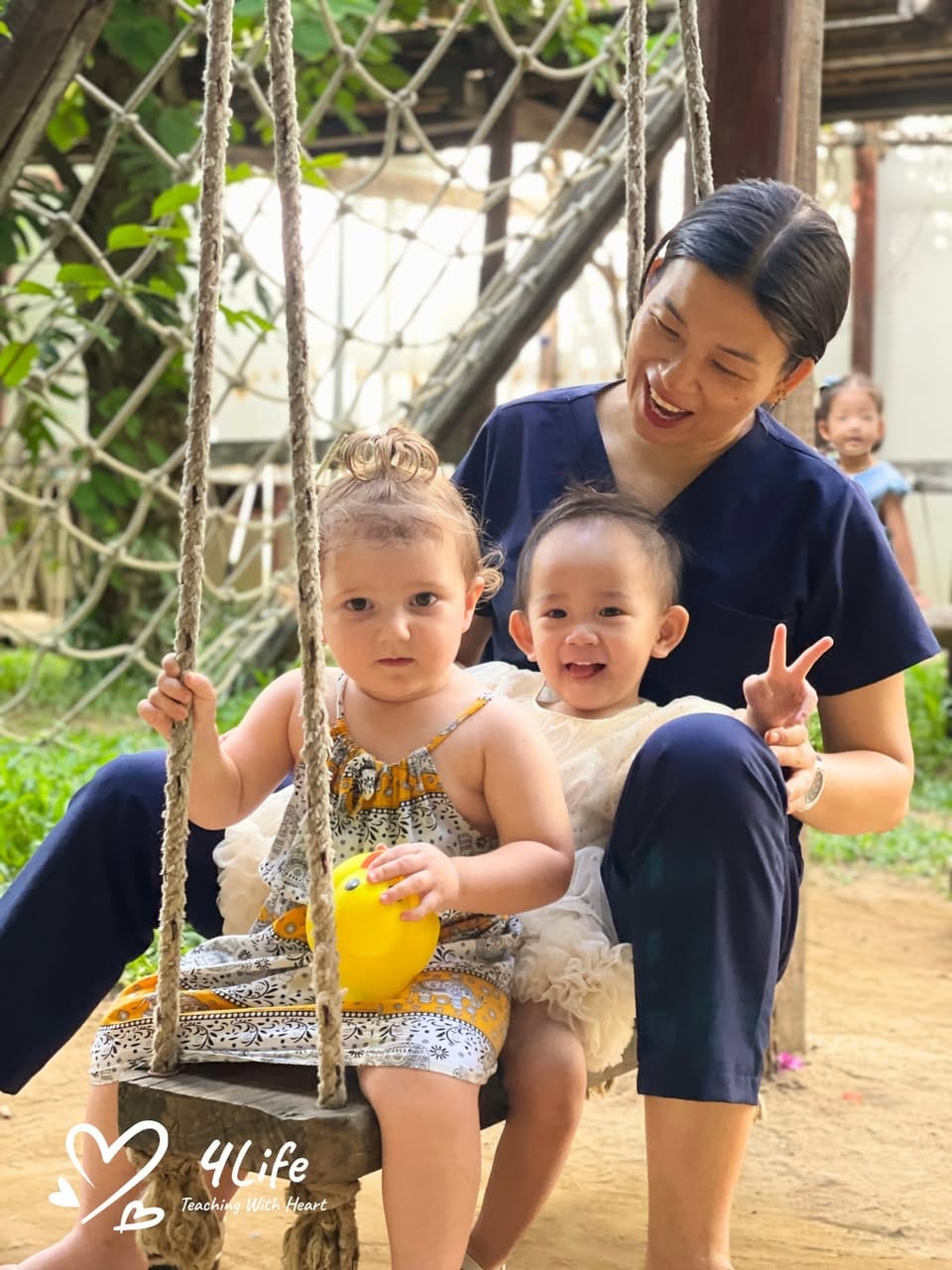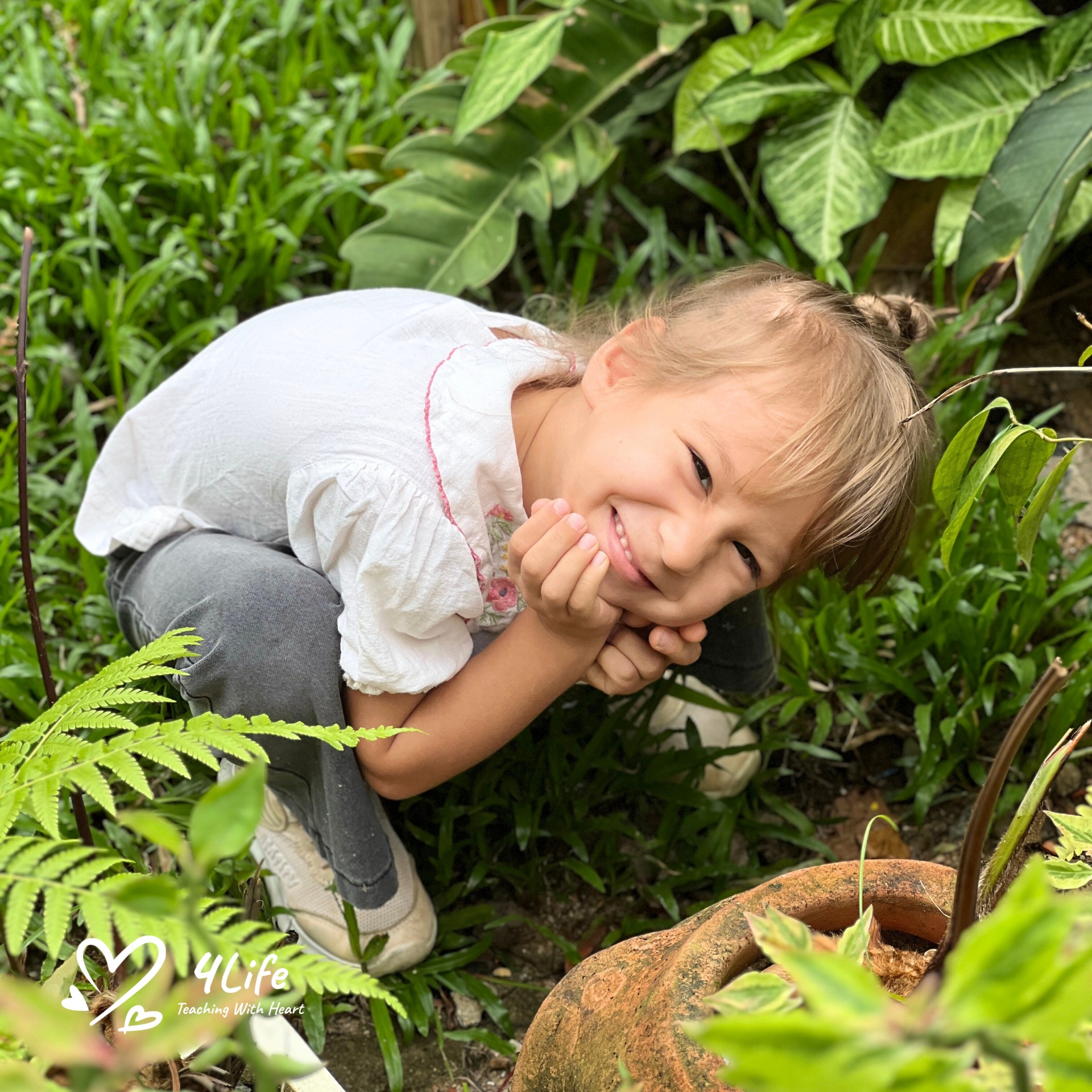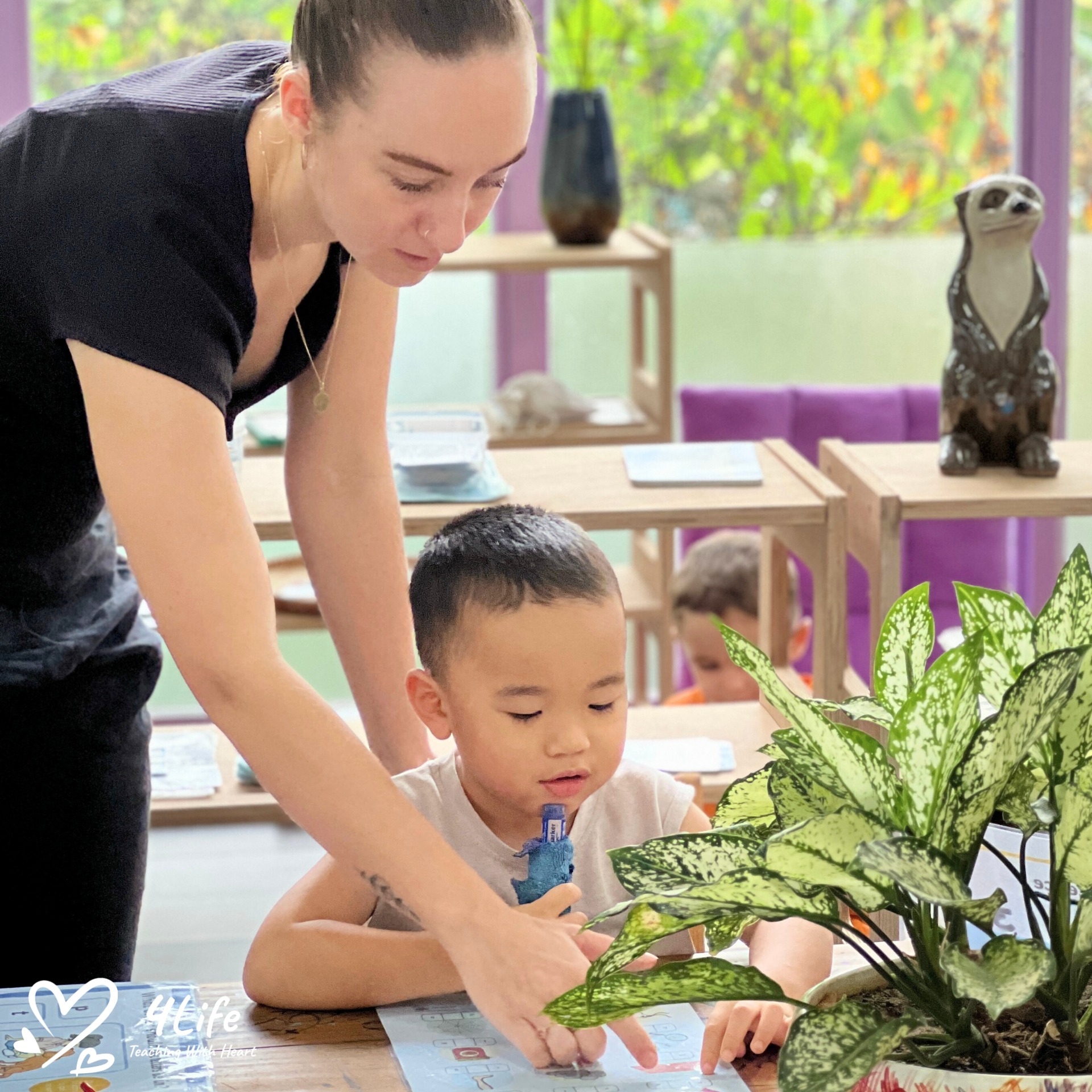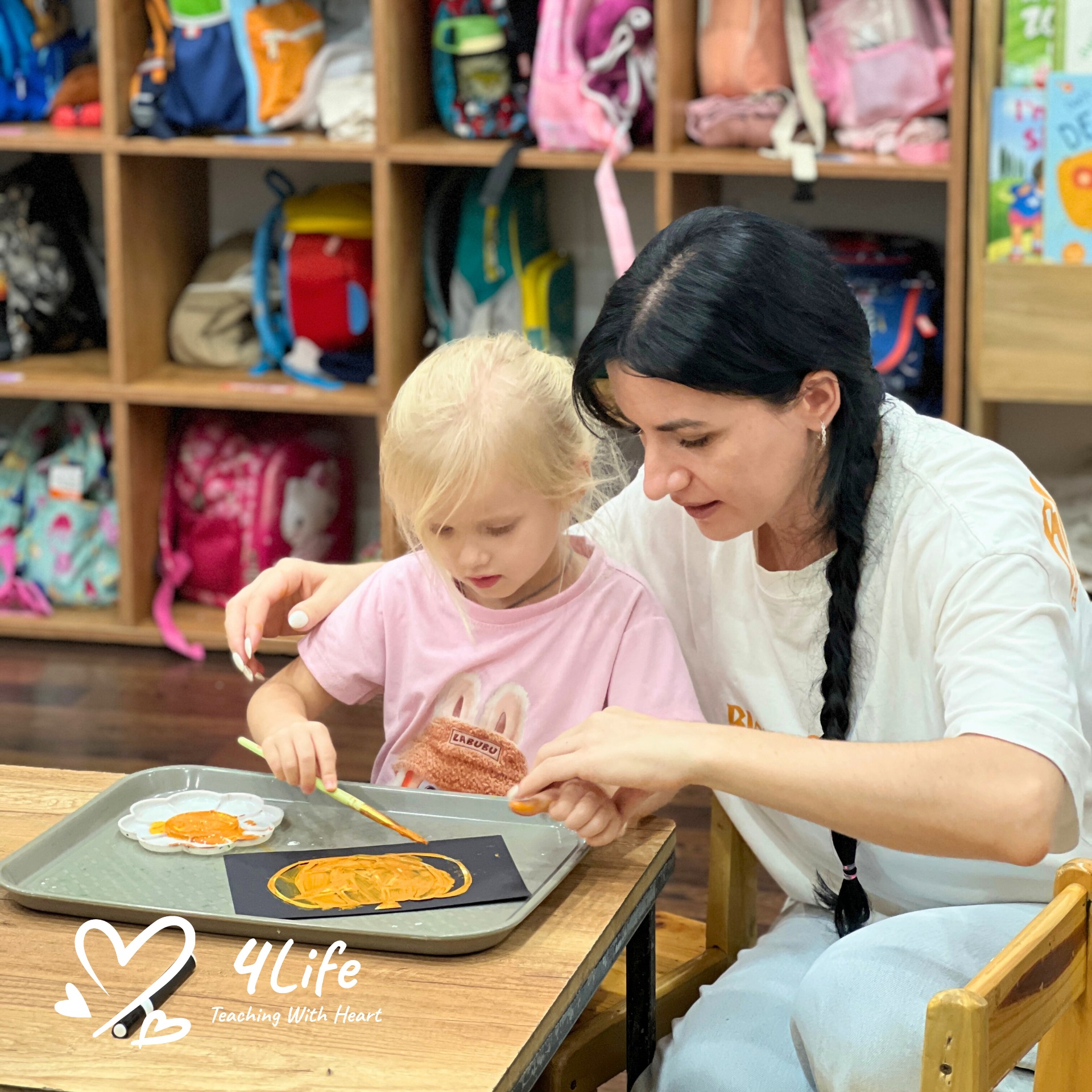Is Montessori right for your child? Many parents wonder if this unique approach is the best fit for their family. Montessori offers an environment filled with respect, independence, and joyful learning. Let’s find out with 4Life Education how this method may support your child’s growth and whether it aligns with your values and goals.
Understanding the Montessori approach
Montessori education is designed to nurture a child’s natural curiosity and independence. Instead of emphasizing competition or pressure, Montessori classrooms focus on cooperation, respect, and discovery. Children work at their own pace, choosing meaningful activities that encourage learning through hands-on experience. This approach works well for many personalities, temperaments, and learning styles.

Understanding the Montessori approach
The strengths of Montessori learning
One of the greatest strengths of Montessori is the atmosphere it creates. Classrooms are structured yet flexible, giving children the freedom to explore while benefiting from guidance. Montessori believes every child is born intelligent and creative, and the role of education is to preserve and expand that potential.
In a Montessori classroom, children are encouraged to make choices, solve problems, and learn responsibility. This not only strengthens academic skills but also builds confidence and independence. Many families appreciate the balance of structure and freedom that helps children thrive.
Is Montessori right for every family?
While Montessori suits a wide range of children, it may not be the perfect fit for all families. Parents who are focused solely on high achievement may find it challenging to adapt to Montessori’s child-centered approach. Instead of pushing for grades or quick results, Montessori values long-term growth, curiosity, and joy in learning.
Families that prefer a more flexible or unstructured routine may also struggle with the consistency required in Montessori schools. However, many children from such households find comfort and reassurance in the structured environment that Montessori provides.
Choosing the right school
When considering Montessori, it’s important to understand that not all schools are the same. The name “Montessori” is not trademarked, which means anyone can open a school under that title, regardless of whether they follow authentic Montessori practices. This is why visiting and observing classrooms is essential.

Choosing the right school
Look for schools accredited or associated with professional Montessori organizations. Accreditation is often a sign of quality and commitment to Montessori principles, but even independent schools can be excellent if they remain faithful to the method.
What to look for in a Montessori classroom
If you’re visiting a school, your own observations will be your best guide. Spend time in the classroom and notice how the environment feels. Here are key points to keep in mind:
– Classrooms should not have rows of desks or a teacher’s desk at the front. Instead, the layout should allow children to move freely, collaborate, and work independently.
– The space should feel bright, warm, and inviting, filled with books, plants, music, and art. There should be engaging materials such as maps, charts, puzzles, and hands-on tools.
– Each area of learning—language, math, practical life, sensory activities, geography, history, art, and science—should be well-organized and filled with developmentally appropriate materials.
– Instead of toys, you will see specialized Montessori materials that encourage exploration and discovery. These provide a wide range of challenges to match each child’s abilities.
– Teachers should be Montessori-certified and act more as guides than traditional lecturers. You may see them working with small groups or observing quietly while children work.
– Classes usually include mixed ages, covering a three-year span. This allows children to learn from one another in a natural way.
– The classroom atmosphere should be calm, purposeful, and filled with children who look comfortable and engaged.
If you can picture your child happy in that environment, it may be a good sign that Montessori is right for them.
Matching school and family values
Education is a partnership between school and family. When choosing Montessori, consider not only whether it fits your child but also whether it fits your family’s values and goals. Parents who value independence, collaboration, and lifelong learning often find Montessori to be an excellent match.

Matching school and family values
Consistency is also key. Families who work closely with the school, attend meetings, and support the Montessori philosophy at home will find the greatest success.
Neuroscience and early learning
Research shows that the first six years of a child’s life play a critical role in shaping future learning. Montessori aligns with these findings, offering rich language opportunities, supportive relationships, and active learning experiences. By encouraging independence and curiosity during these years, Montessori helps lay a strong foundation for lifelong growth.
So, is Montessori right for your child? The answer depends on your child’s personality and your family’s values. Montessori offers a nurturing, structured, and inspiring environment where children learn independence, cooperation, and curiosity. If you value joyful learning and a partnership between home and school, Montessori may be the perfect fit. Ultimately, observing a classroom and trusting your instincts will help you decide if Montessori is right for your child.








0 Comments